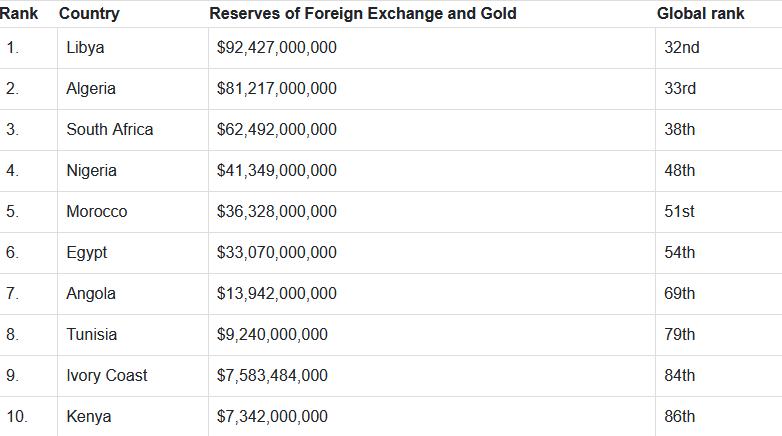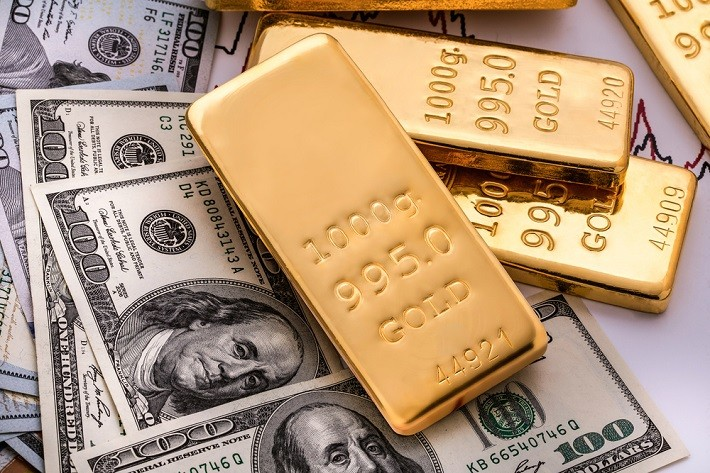In today’s global economy, foreign exchange and gold reserves are becoming vital tools for African nations striving to maintain economic stability and build geopolitical influence.
This growing importance is reflected in the Global Firepower Index, which ranks countries not just on military strength but also on key economic indicators—like how much they’ve stashed in reserves.
For many African countries, having strong reserves is more than a matter of pride—it’s a lifeline. These funds act as a cushion during tough times, helping governments absorb the shocks of unstable commodity prices, political uncertainty, or sudden swings in currency values.
With enough reserves, a country can defend its currency from collapse, pay for essential imports like food and fuel, and meet international debt obligations without slipping into a balance-of-payments crisis. Without that buffer, however, any unexpected drop in export earnings could quickly spiral into a larger economic crisis.
Central banks with deep reserves are better equipped to step in when their currencies come under pressure—something that’s becoming increasingly common across parts of Africa due to inflation, conflict, or weaker demand for exports.
It’s also worth noting that international investors and credit agencies closely watch these reserves. A healthy reserve balance sends a strong signal of sound economic management, which in turn attracts foreign lenders and boosts investor confidence.
So, which African countries are leading the way?
According to the mid-2025 Global Firepower Index, these are the top 10 African nations with the highest reserves of foreign exchange and gold.



 Trending
Trending 